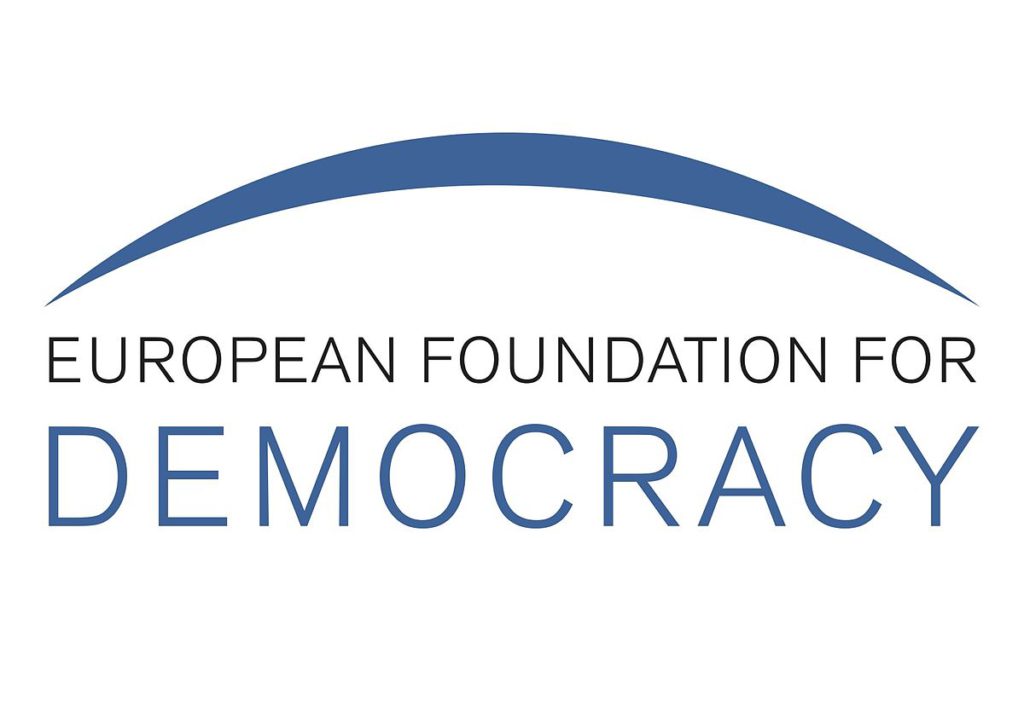Event

Picking up the pieces after Paris: root causes and possible solutions to the radicalisation challenge
On 9 December 2015, the European Policy Centre, the European Foundation for Democracy and the Counter Extremism Project hosted a policy briefing on dealing with the radicalisation challenge. Experts deliberated the root causes of radicalisation – the pervasive ideology, radical preachers urging jihad, and the hijacking of religion – and how these interact with factors such as culture, identity and socio-economic conditions. The briefing comprised a significant number of officials and diplomats, with approximately 100 individuals attending.
Guest speaker Pieter van Ostaeyen, an independent security analyst, urged caution against the rise of far-right politicians, both in Europe and in the United States, who are using the threat of terrorism as ammunition for their own political gains. Van Ostaeyen pointed out that this is in fact a vicious circle: such attacks feed the far-rights’ political campaigns while encouraging segregation and hatred towards Muslims, inevitably leading to that radicalisation of more individuals. This is the very rhetoric being prophesised by IS propaganda, he said, adding that this sequence will all but ensure that similar attacks, like those carried out in Paris or San Bernardino, will surely continue.
Another panellist, Olivier Luyckx, Head of Terrorism & Crisis Management Unit, Migration & Home Affairs at the European Commission, warned that attacks on “soft targets” – shopping centres, banks, concert halls, etc. – are the most likely to recur and are the hardest to defend against. He provided an overview of the steps that the Commission is taking to keep Europeans safe, including the recently enhanced Radicalisation Awareness Network (RAN) which aims to address the weakest link of radicalisation prevention – the local level. This is why the RAN seeks to incorporate local practitioners, he said, since these frontline defenders are most capable of reporting and preventing the radicalisation of individuals, before they become a threat to our cities.
Zainab Al-Suwaij, Co-Founder of the American Islamic Congress (AIC), highlighted that we previously believed that such attacks, like in Paris, only took place in distant lands, but these extremists have in fact been living in our societies for many years. Al-Suwaij then outlined the ways in which the AIC is working in the U.S. to reach out to individuals who are most vulnerable to radicalisation. She stressed that the only effective response is for all of us (Muslims and non-Muslims, Europeans and Americans) to unite to defeat the evil ideology of radical and political Islam, adding that education, including the training of teachers, is key.
EFD Senior Fellow Magnus Norell and Policy Advisor to CEP Brussels was quick to assert that when we talk about strategy towards IS/Daesh, we are talking about both a security – protecting our societies from radicals carrying out Paris-style attacks – and a military problem. Considering the latter, however, we must realise that we are fighting a war of ideas and that you cannot bomb an idea into oblivion. Bombing is a tactic dressed as a strategy which will not be enough to defeat groups like IS.
